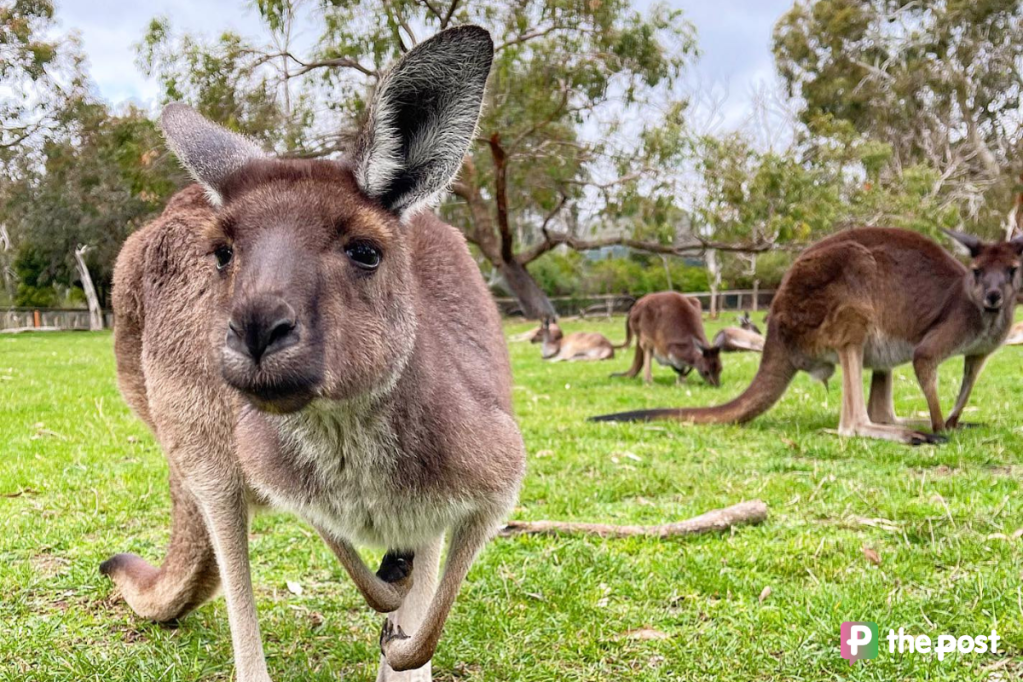Premier backs review in four weeks, but restrictions may get tougher in the meantime
National Cabinet has agreed to revisit Australia’s pandemic bans and restrictions in a month but Premier Annastacia Palaszczuk will not rule out tougher action before then.

Palaszczuk today endorsed the four-week timeframe, outlined by Prime Minister Scott Morrison on Thursday, for consideration of the next stage of Australia’s pandemic response. It is likely that the various novel coronavirus control measures will start to be eased after that point, which roughly coincides with the timeframe for review of Queensland’s approach to schooling.
But Palaszczuk said everything hinged on the number of cases over the next month, and whether there was any further community transmission of COVID-19 in Queensland.
Overnight, there were an additional six cases confirmed in Queensland, taking the total as of Friday morning to 1,007. Among the new cases was a Cairns hospital pathology worker who is believed to have been infected by a visitor to the laboratory, not through the work being done. Nonetheless, the laboratory has been closed for cleaning and alternative pathology arrangements made for Cairns.
Palaszczuk said Queensland could not risk the type of outbreak that Tasmania has experienced, and the government was ready to clamp down on any activities that might present a risk. She pointed to the 18 or so cases of COVID-19 contracted interstate, and brought to Queensland, and flagged the possibility of border restrictions being tightened.
“I know these are tough times, but we have to take this as a day-by-day, week-by-week, month-by-month proposition,” the Premier said, refusing to be drawn on “hypotheticals” around where, when and how restrictions might be eased.
“If we get this wrong it could go horribly wrong.”
Palaszczuk said Queensland being such a decentralised state posed challenges and opportunities, and agreed some regions may be given greater freedom earlier than others if they were deemed to be at less of a risk. The existing breakdown of Queensland cases is based on health service districts – four western districts appear unaffected – but council-level data will be made available.
Her comments came after three Townsville people were charged by police after allegedly illegally entering the Doomadgee Aboriginal community without following the newly imposed health rules. Two weeks ago, five men were charged with illegally travelling from Palm Island to Townsville.
Community transmission of the virus in Brisbane, Cairns and on the Gold Coast prompted Queensland to last week ramp up testing. Over the last 24 hours, there were 2,503 tests conducted in Queensland, which was more than half of the national total the day before.
Stay informed, daily
Queensland Health Minister Steven Miles praised staff and workers for their response to the pandemic, and the general community for helping to keep the number of new infections low.
“We find ourselves in a better position than we ever thought possible,” Miles said.
At the same time, Chief Health Officer Dr Jeannette Young said she was ready to ramp up testing even further and Queenslanders should take the low rate of positive results in context.
“It’s too early to go and lift these restrictions now,” Young said.
Governments are debating whether the hospitals placed on stand-by for the increase in COVID-19 cases than has yet to eventuate might be allowed to resume elective surgery and other procedures in the short-term.





